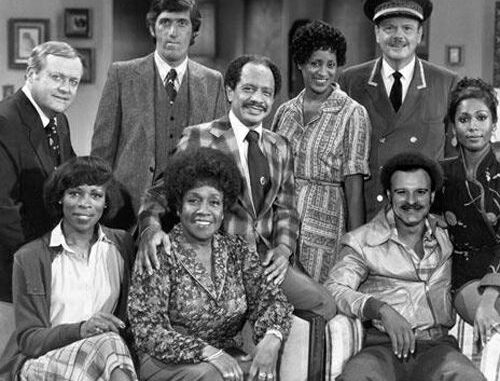
In 1977, an episode of The Jeffersons made television history, breaking new ground and challenging societal norms. Titled “The Adoption,” this pivotal episode tackled the sensitive and rarely discussed topic of interracial adoption at a time when conversations about race and family were still considered taboo on mainstream TV.
What made this episode so revolutionary wasn’t just its plot, but the way it approached an issue that many shows at the time avoided. At the heart of the story is George and Weezy Jefferson, who decide to adopt a child—but the twist is that the child is white, sparking a complex discussion about race, family dynamics, and societal expectations. The storyline forces both the characters and the audience to confront uncomfortable truths about prejudice, stereotypes, and the shifting cultural landscape of the 1970s.
For a sitcom that was primarily known for its humor and satire, The Jeffersons used this episode as a powerful platform to address a deeply important issue. The episode didn’t shy away from the challenges interracial families face, but it also highlighted the power of love, acceptance, and the importance of breaking down racial barriers. It was a bold choice that reflected the show’s ability to blend comedy with social commentary, making its influence reach far beyond just entertainment.
At the time, very few shows dared to take on race in such a direct and poignant way, especially in the context of a sitcom. “The Adoption” didn’t just push boundaries—it redefined what TV could do. It opened the door for more diverse stories, tackling difficult topics with humor, heart, and intelligence. The episode also helped cement The Jeffersons as one of the most progressive sitcoms of its era, capable of making audiences laugh while making them think.
In many ways, “The Adoption” marked a turning point in television history, proving that TV could be both entertaining and socially responsible. Decades later, this groundbreaking episode still stands as a testament to the power of storytelling that challenges the status quo, helping to shape the future of television.